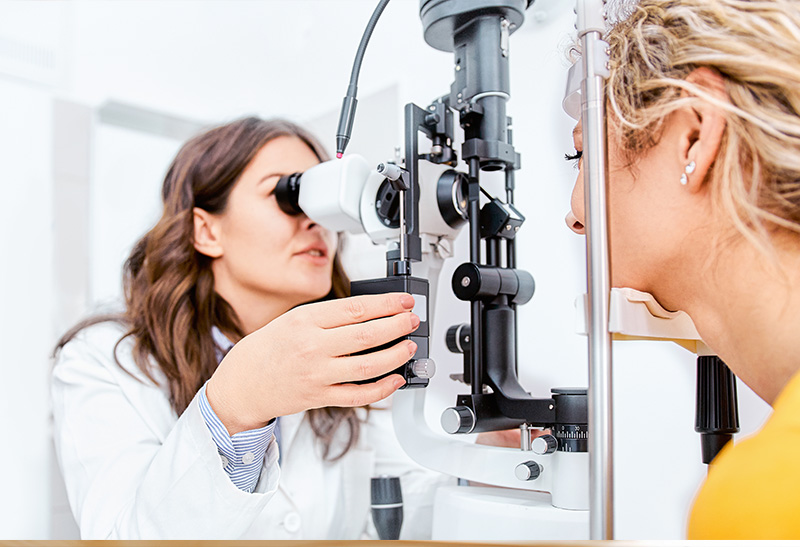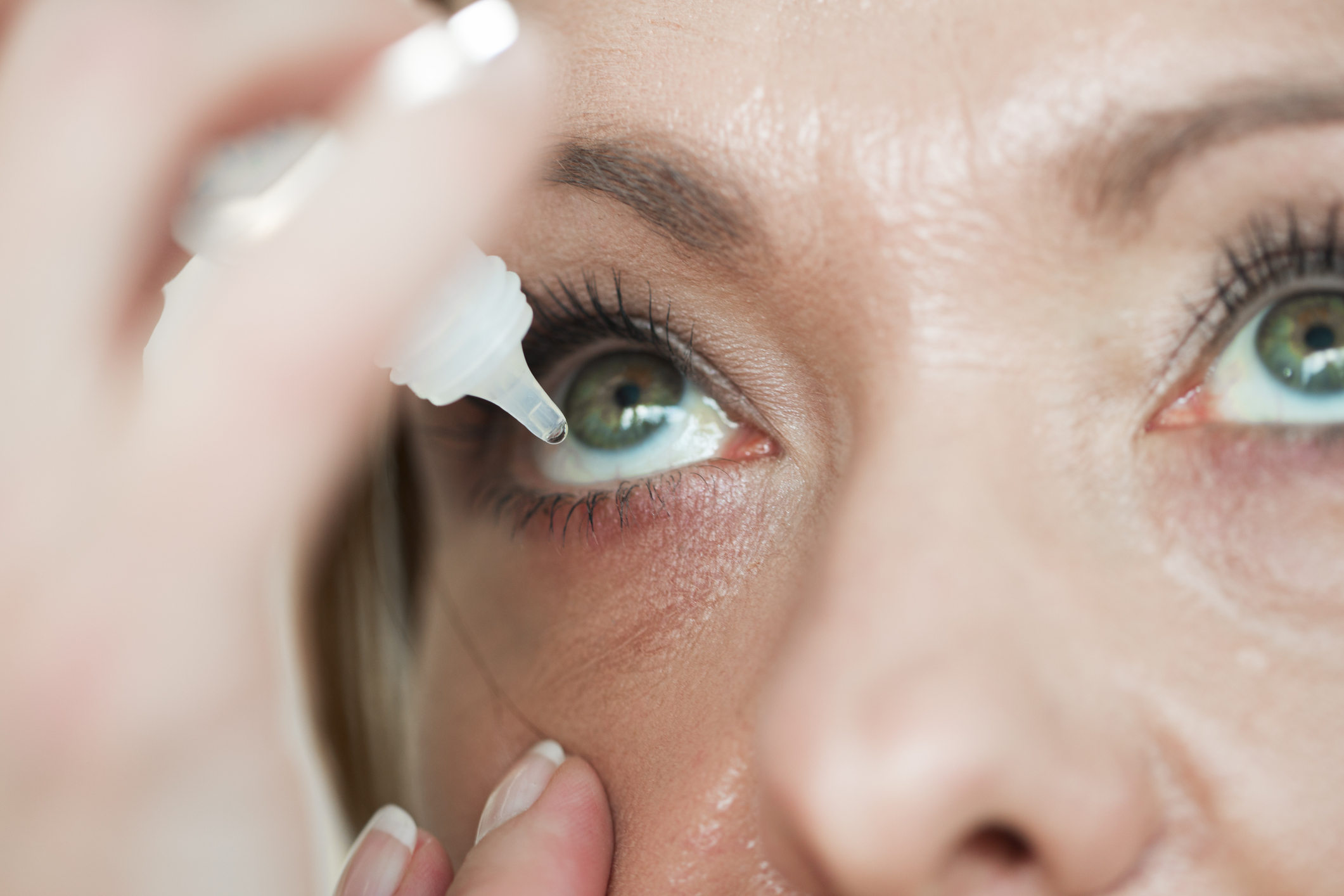All Categories
Featured

While most individuals understand the relevance of securing their skin from the sun, the dangerous effects of ultraviolet (UV) rays on eye health frequently go ignored. Whether you're saturating up the sun on a summer season day or strolling outdoors on a gloomy afternoon, protecting your eyes from UV rays is important.
What Are UV Rays? UV rays are a sort of electromagnetic radiation produced by the sunlight. They are classified into three types:
UVA Rays: These permeate deep right into the skin and eyes and can contribute to long-lasting damages. UVB Rays: These rays are a lot more intense than UVA and are mainly in charge of surface-level damage to the eyes and skin. UVC Rays: These are the most unsafe yet are mainly absorbed by the Planet's ozone layer and do not commonly reach us. UVA and UVB rays are the key wrongdoers behind eye-related damages.
Short-Term Effects of UV Direct Exposure on the Eyes. Also temporary exposure to extreme UV rays can damage your eyes. One typical problem triggered by this is photokeratitis, or "sunburn of the eye." Signs of photokeratitis consist of:
Uncomfortable, red eyes. Sensitivity to light. Tearing or excessive watering. Short-lived vision loss or blurry vision. Photokeratitis is generally short-term, however it serves as a warning of just how damaging UV exposure can be, also in little doses.
Long-Term Impacts of UV Exposure. Extended direct exposure to UV radiation can result in more severe and irreversible eye conditions, such as:
Cataracts: UV rays can speed up the formation of cataracts, a problem that causes clouding of the eye's all-natural lens, bring about blurred vision and, if unattended, loss of sight.

Macular Degeneration: UV direct exposure can damage the retina, especially the macula, enhancing the danger of age-related macular degeneration (AMD), which affects central vision.
Pterygium: A growth of tissue on the white component of the eye that can cross the cornea, causing discomfort, inflammation, and vision problems.
Pinguecula: UV direct exposure can cause yellowish deposits to base on the conjunctiva, resulting in inflammation and dryness.
Skin Cancer Cells Around the Eyes: The fragile skin surrounding your eyes is very vulnerable to UV radiation, enhancing the danger of skin cancers like basic cell cancer and squamous cell carcinoma.
Exactly How to Safeguard Your Eyes from UV Rays. Protecting your eyes from UV rays is simple and requires a few conscious practices:
Buy Top Quality Shades: Pick sunglasses that block 100% of UVA and UVB rays. Search for tags that specify "UV 400" protection. Wrap-around styles are optimal as they block UV rays from the sides as well.
Put On a Wide-Brimmed Hat: A hat with a border at the very least 3 inches vast can considerably decrease UV exposure to your eyes and face.
Limit Exposure During Peak Hours: UV rays are toughest between 10 a.m. and 4 p.m. If you have to be outdoors throughout these hours, make certain you're effectively secured.
Don't Be Deceived by Clouds: UV rays can permeate with clouds, so it is essential to use sunglasses also on cloudy days.
Shield Your Eyes Year-Round: Snow, sand, and water can mirror UV rays, magnifying their results. Eye defense isn't simply for warm summer days-- ensure you're covered in all periods.
Usage UV-Blocking Contact Lenses: Lots of get in touch with lenses currently feature UV protection. If you use contacts, ask your eye physician concerning lenses with integrated UV filters for included defense.
Encourage Eye Defense for Kid: Children's eyes are a lot more sensitive to UV rays because their lenses are clearer, allowing more radiation to reach the retina. See to it they put on sunglasses and hats throughout exterior activities.
Routine Eye Examinations. Regular check-ups with an eye treatment specialist are crucial for early detection of any UV-related damages. An eye doctor or eye doctor can review your eyes, suggest safety measures, and identify problems like cataracts or macular degeneration early.
Conclusion. UV rays position a significant threat to eye wellness, and their impacts can collect in time. With the ideal safety measures, you can minimize these risks and shield your vision. By wearing UV-blocking sunglasses, limiting sun exposure throughout height hours, and staying regular with eye examinations, you can ensure your eyes remain healthy and balanced and your vision continues to be clear for years ahead. Shielding your eyes from UV radiation isn't practically convenience-- it's an essential action in protecting your long-term eye wellness.
Latest Posts
Explore WyHy FCU – Top Benefits for Members
Find Outstanding Car Repair Care in Chicago – Quality Service Today
Boost Your Home's Outside with Weathercraft's Home siding Solutions